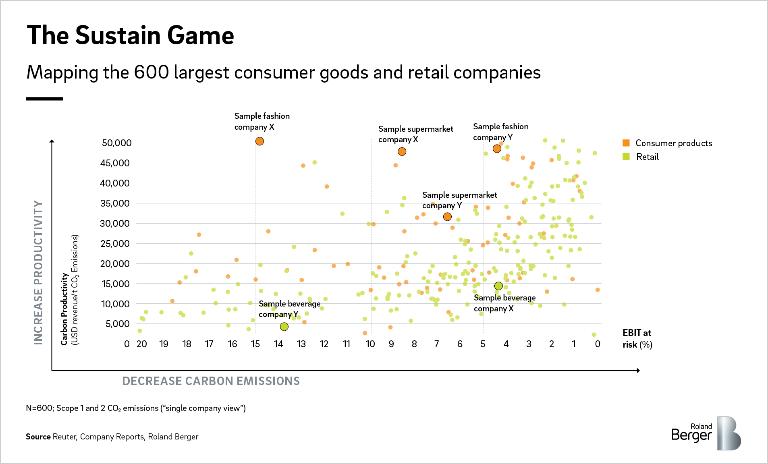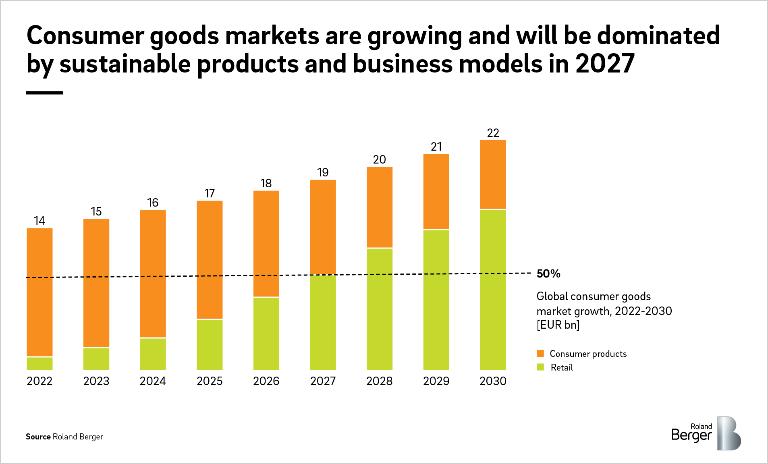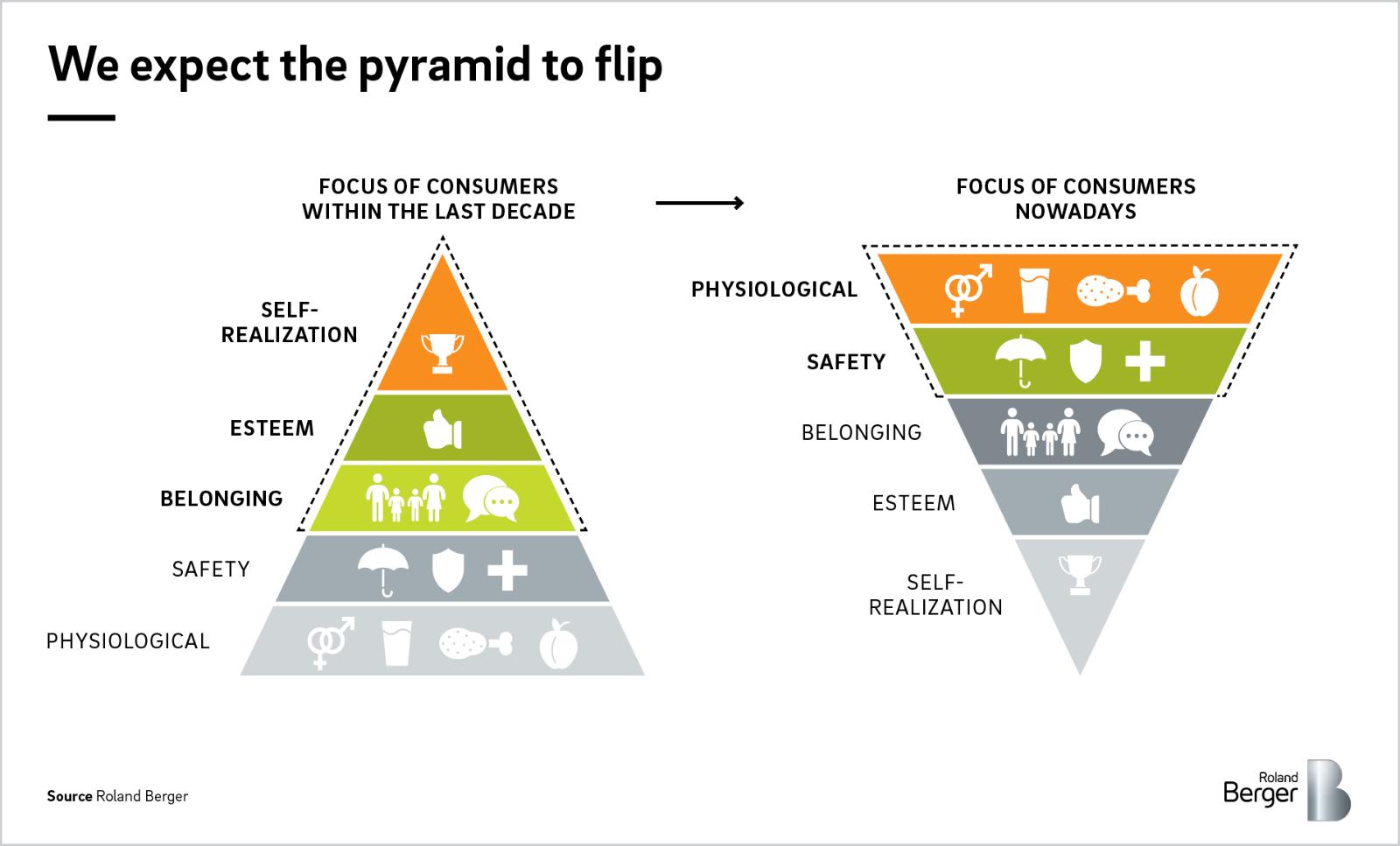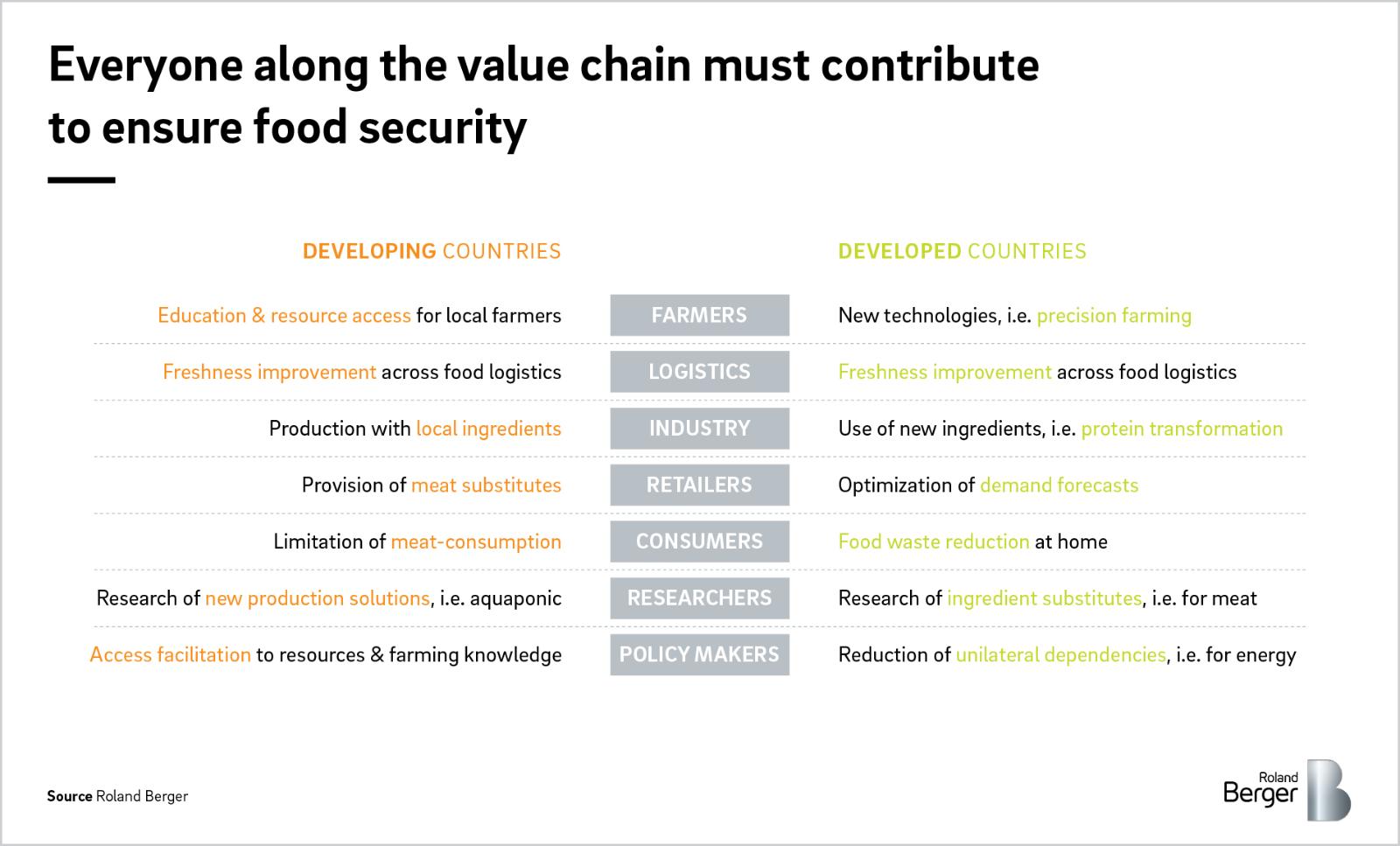Our Partner Tobias Göbbel will hold a special session on "How to Win the Sustain Game" at the Consumer Goods Forum. During the session, a sneak preview will be given of the results of our publication "The Sustain Game", which will be exclusively launched at the Global Consumer Summit 2022. A plenary discussion moderated by our Partner Patrick Müller-Sarmiento is also included in the session.


Winning the Sustain Game
5 hypotheses on the future of the consumer goods and retail industry
Single, comparatively small incidents can shake up the whole world. It could be a little bat in Wuhan that spreads a global pandemic. It could be a single ship in the Suez Canal that slows down the world's consumption. It could be a young teenager with a poster waking up the world and a whole generation to become more aware of climate change and to act now. And it could be just one degree of global warming that could lead to actual impact, forcing the international community to join forces across national interests, borders, and politics. The list of examples could continue endlessly and raises the question for companies around the world: How can consumer goods and retail companies sustain a business in such an uncertain world?

The commercial call for climate action – USD 400 bn EBIT at risk
Mitigating global warming has become the most essential task in recent years. But companies are only driven by relatively loose regulations, leading to emission levels that make targets from the Paris Agreement and so on almost unachievable. To make climate action binding on a national level for companies and to offer commercial incentives for sustainable activities, governments are starting to tax carbon emissions. Based on our research, we expect an average carbon tax price of USD 100 per ton CO2 in 2030. Taking the current CO2 emissions in the global consumer goods and retail industry as a basis, this would imply a total EBIT loss risk of USD 400 billion. In our representative industry sample of 600 consumer goods and retail companies, around one in three will face an EBIT risk of over 10%. This brings us to our first hypothesis: Decarbonization along the whole value chain will be key to safeguarding profits.
Consumer markets reshuffled – How to innovate in the green ocean
To monetize sustainability, companies need to understand how consumer markets are reshuffling. Based on our research, we expect there to be markets dominated by business models that can be called sustainable in 2027. This means that at least every second business or product will fulfill the consumer requirements perceived as sustainable, like being emission-free or green, thus influencing people's buying decisions. Based on recent research, around 50% of consumers already care about the CO2 emissions of products and prefer "climate friendly" products, with the result that consumers are willing to pay a price premium of up to 10%. This leads to our next hypothesis: Green consumers will flush non-sustainable businesses and products out of the markets.
The pyramid will flip – Why basic needs will dominate again
Within the last decade, most consumers have been focusing on needs at the top of Maslow's hierarchy of needs, namely self-realization, self-esteem or personal belonging. Now, as global supply chains are disrupted, for example by Covid-19 or the war in Ukraine, we expect the pyramid to flip, such that more basic needs rise back up. Examples are the increasing importance of needs like safety, health and food supply. Especially the war in Ukraine throws our global interdependence into sharp relief, with one third of global wheat production coming from Russia and Ukraine. Thus, our third hypothesis is that basic needs will become more dominant and consumers will move down the pyramid to fulfill them.
Higher prices, less choice – The double dilemma for consumers
For many years, consumers have been used to an endless supply of products from consumer goods manufacturers and low prices from discount retailers. Now, manufacturers are raising prices tremendously, citing increased costs for raw materials, ingredients and energy. At the same time, consumers face supply shortages of goods such as noodles, flour or cooking oil due to disrupted supply chains and feedstock scarcity. Consumers will pay the price as manufacturers use the current situation to raise prices that will not go back down if the global supply crisis abates. Consequently, our fourth hypothesis is that upcoming generations will face old problems they've never experienced before and that nobody would have expected to return one day.
Protecting our values
The radical transformation of our small world calls for radical decision making by governments, companies and consumers. We are all forced more than ever to decide how we can protect our values in times of geopolitical and social crisis. For example, how can we balance the moral withdrawal of consumer goods companies from Russia with the effects on the supply of a 144 million population and the commercial disappearance of a billion-dollar market? Can you come back after the war? Our hypothesis here is that values and purpose will become the most relevant compass for decision making – albeit the most difficult to protect.
To tackle the main trends outlined in this article and sustain within the next decade, companies need to act now and develop individualized strategies for each trend. If you would like to learn more about the "Sustain Game" and how your company can sustain in the upcoming decade, do not hesitate to reach out to Tobias Göbbel. We are looking forward to hearing your opinion!





_tile_teaser_h310.jpg)






